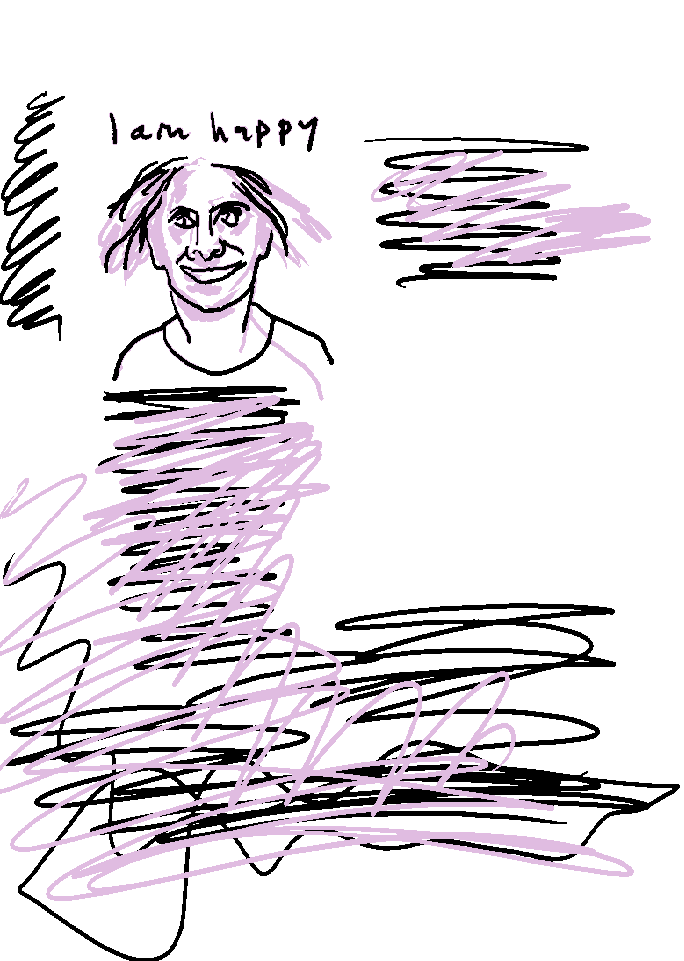It’s the election Boris Johnson has waited his entire career to contest, and it’s taking place on his terms.
For the Prime Minister, who enjoys a lead in opinion polls and is preparing to hammer home his well-worn Brexit message, tonight’s debate represents both a chance to land a knockout blow — as his boxing ring photo op earlier today not-so-subtly reminded us.
But there’s great risk too: with Johnson heading into the debate as the favourite, with higher expectations and more room to disappoint, the event presents the very clear danger of a slip-up that could change the narrative of the campaign.
That could see Johnson go the way of his predecessor Theresa May, who also relished a sizeable polling lead in 2017 before seeing it wiped away by Jeremy Corbyn — the man Johnson will share a stage with in a couple of hours.
Like May, Johnson had categorically ruled out requesting a snap general election before Brexit had been resolved. When he did just that, he insisted he was doing so reluctantly. But in reality, it’s clear this is a fight Johnson has prepared his whole life for.
After being educated at Eton and Oxford — the breeding grounds of so many of his peers atop the Conservative Party — Johnson embarked on a career as a journalist at the Daily Telegraph, penning from Brussels a number of articles that made clear the Euroskepticism which would later define his political fortunes too.
First elected an MP in 2001, Johnson’s uniquely bumbling persona, ease in front of cameras and command of the media landscape made him a rising star of the Conservative Party. Two terms as London’s mayor, between 2008 and 2016, elevated his profile internationally and cemented his position alongside Tony Blair as one of Britain’s only celebrity politicians.
It was the 2016 Brexit referendum, however, that propelled him to the front of the UK’s political scene. He was the figurehead of the Leave campaign and, after its stunning success on polling day, became the favorite to take over from David Cameron as prime minister.
Some last-minute back-stabbing helped deny him the chance back then, but he wasn’t to be denied when Theresa May’s premiership crumbled earlier this year.
Tonight, he’ll have to defend his inability to deliver on his signature pledge as Prime Minister — securing Brexit on October 31. But Corbyn will also target him on a number of controversies that have dogged his rise through British politics.
Johnson has faced accusations of Islamophobia, and served a short-lived and controversial term as Foreign Secretary under Theresa May. There are persistent questions about his honesty, and his turbulent love life is never far from the British public’s attention.
The Prime Minister may also need to move away from his favorite electoral slogans, like the oft-repeated “get Brexit done,” and deliver a few new lines to make his desired impact tonight.
If he can avoid disaster, though, he’ll clear a major hurdle in his bid to return to Downing Street.














